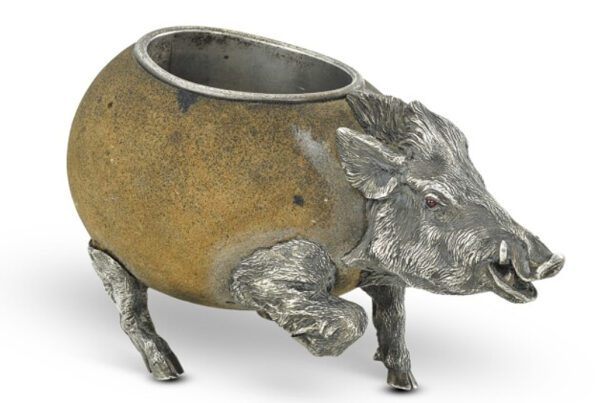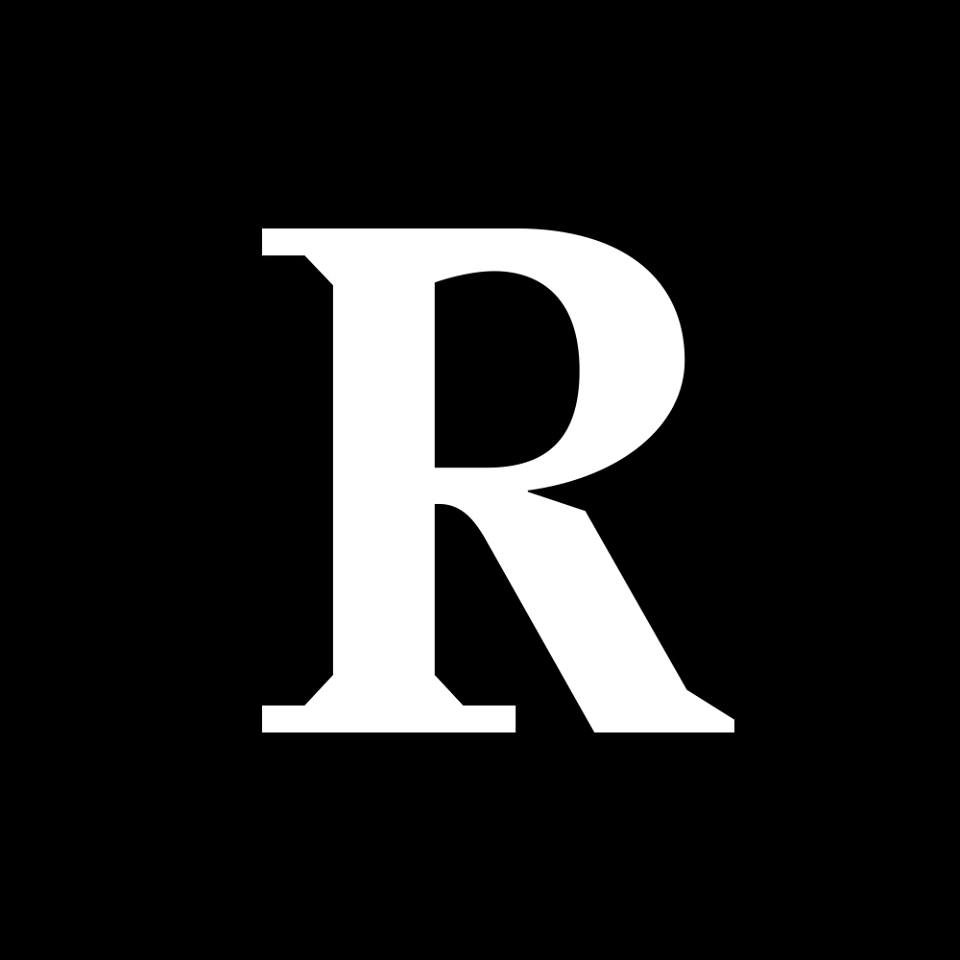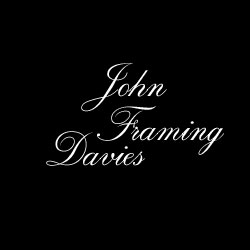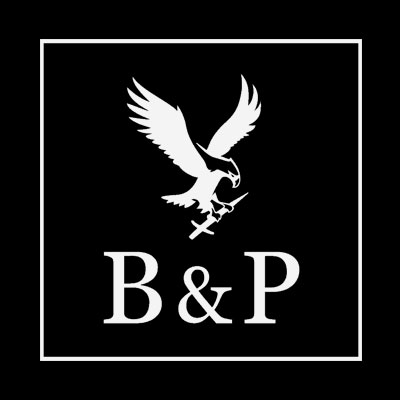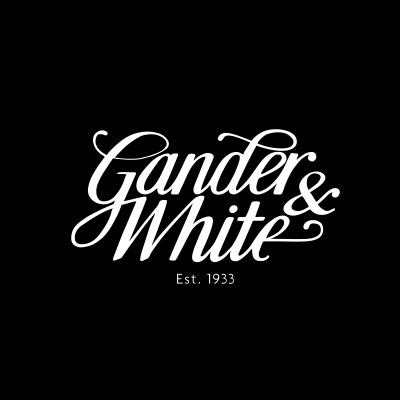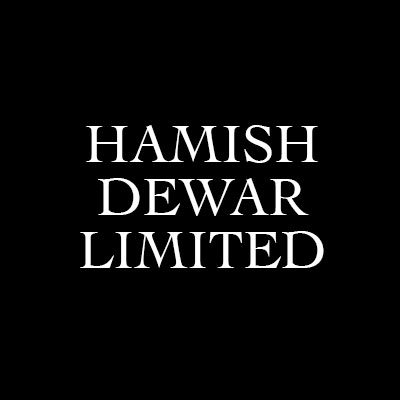‘During Mikhail Piotrovsky’s time in charge of the Hermitage, several families he knows have made a killing through lucrative Hermitage contracts’ begins an in-depth investigation published on 19 May 2021 by the independent Russia media outlet Proekt.
My compliments to Valeria Peshko, Olga Churakova, Roman Badanin & Maria Zholobova for their meticulous and courageous reporting. Herewith a slightly shortened English version of their blockbuster article.

Mikhail Piotrovsky, who trained as an Orientalist, became head of the Hermitage in 1992. At the time, his wife Irina (also an Orientalist) was a member of St Petersburg’s Foreign Relations Committee under Vice-Mayor Vladimir Putin. ‘I worked with Putin for six years’ she recalls. ‘Putin himself recruited people – there was a good strong team.’ Putin issued licences enabling local companies to barter with Western firms, sparking one of the first Putin-related corruption scandals, with these ‘licenced’ firms enjoying exaggerated commissions on sales of raw materials to the West.
Working with Putin did the Piotrovskys no harm. Daughter Maria (another Orientalist) got a job at the St Petersburg branch of Dresdner Bank in 1993 after ‘it became very difficult to pursue Oriental Studies.’ She learnt ‘from friends’ that Crédit Lyonnais and Dresdner Bank were opening in St Petersburg, and claims she was hired because ‘graduates of the Faculty of Oriental Studies were young, aggressive (in the good sense of the term) and could speak foreign languages.’ Dresdner Bank arrived in Russia when Putin authorized his former Stasi buddy Matthias Warnig to open a branch of the bank in St Petersburg.
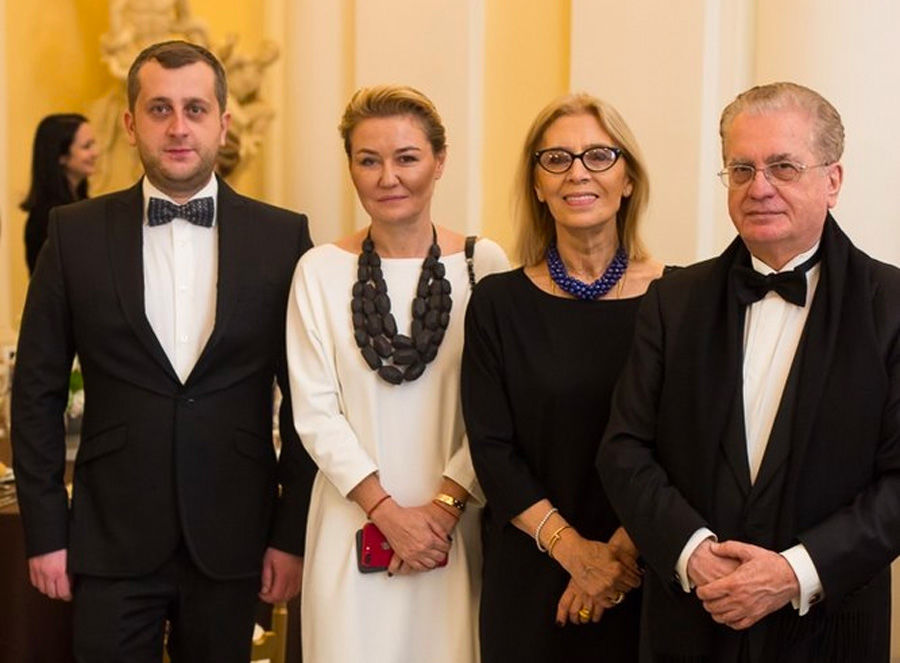
Boris, Maria, Irina and Mikhail Piotrovsky. Photography Vitaliy Kolikov, State Hermitage Museum
Maria’s younger brother Boris Piotrovsky is an economist by training. This did not stop him being made St Petersburg Vice-Governor in charge of Culture & Sport a few months ago. It is not entirely clear what he was doing at the time of his appointment. Hermitage museum staff believe Piotrovsky Jr will succeed his father as Museum Director, just as Mikhail Piotrovsky succeeded his own father (another Orientalist). Lucky Boris has already inherited some of his father’s business partners.
A Family Of Geologists
Generational continuity is not uncommon amongst the Leningrad/Petersburg intelligentsia. Take the geologists Viktor and Lilya Haskelberg, who were both engaged in research on the Kola Peninsula in the 1970s. By 1990 their sons Leonid and Evgeny were involved in antiques, dubbed ‘the oil of St Petersburg.’ The Haskelbergs had useful contacts among cultural figures, including Mikhail Piotrovsky. Young Leonid had even worked in the Hermitage in the 1980s.
In the 1990s the Hermitage was rumoured to be selling off works from its reserves on the black market. Mikhail Piotrovsky’s father Boris died in 1990, and was initially succeeded by his former deputy Vitaly Suslov, whom the press accused of supporting the antiques business of Ilya Traber. An article published just before Mikhail Piotrovsky took over from Suslov as Hermitage Director claimed items from the museums’ reserves had been sold abroad, and that half of the paintings on the museum’s walls were fakes.
Such rumours were far from groundless. Leningrad ‘antiquarian’ Mikhail Monastyrsky (aka ‘Millionaire Misha’), who had worked as a Hermitage restorer in the 1970s, headed a gang producing Fabergé fakes for sale to the West. In the 1990s he became a wealthy antiques dealer trading in icons. In the late 1990s he became a State Duma Deputy then, after the end of his parliamentary tenure, fled to Spain where he died in 2006.
In a documentary marking his 75th birthday, Mikhail Piotrovsky recalled the 1990s as a dark time when the Hermitage was riven by ‘predators’ and ‘foreign comrades’ offering to sell museum treasures. Piotrovsky was defended by ‘businessman’ Konstantin Yakovlev in his dispute with Ilya Traber.
But the scandals did not stop when Piotrovsky walked through the door. In 1999 an audit revealed major failings in the museum’s inventory system, but no action was taken ‘as the Hermitage leadership was under the auspices of top-level leaders’ (an apparent reference to Piotrovsky’s relations with Boris Yeltsin).
In 2006 large-scale theft was uncovered in the museum – almost 221 icons and jewellery items were found to have disappeared. Investigators thought some could have disappeared back in the 1990s. Piotrovsky emerged unscathed from both scandals.
When Mikhail Piotrovsky took over as director in 1992, Kommersant reported that he promised to make his main task ‘raising funds to finance the Hermitage – primarily by organizing commercial exhibitions.’ That same year a company was founded to look after packaging and shipping Hermitage works of art to exhibitions. It was called Khepri, and ‘founded’ jointly by the Hermitage and Leonid Haskelberg. Khepri was based on a service that already existed at the museum, and Hermitage employees formed the core of the new company’s personnel. The Hermitage remained a joint-owner of Khepri until 1999, but the museum’s contribution to the company’s capital – 4 rubles – was only returned by Haskelberg in 2009. Thus a former Hermitage employee, and friend of its Director, effectively privatized a museum service (though the company’s official e-mail can still be found on the Hermitage website). The Hermitage tells Proekt that Khepri was indeed created with the museum’s participation, by order of Piotrovsky, but that from 1996-99 it was in the process of liquidation due to a change in legislation, and since 1999 the museum has had no connection to the company.
Over the years Khepri has established itself as the museum’s leading contractor and a major player in the art shipping market. Proekt estimates that from 2012-18 the Hermitage paid Khepri 205 million rubles (around $4m)* for its services. The company also earned money from other museums for exhibits travelling across Russia.
Since 2003 Andrei Samoylov has been listed as a co-founder of Khepri. He is also a long-time acquaintance of the Haskelberg and Piotrovsky families, and joined the Hermitage staff in the late 1970s. By 2003 Samoylov was employed at both the Hermitage and Khepri.
The Haskelbergs and Samoylov are domiciled outside Russia – in Finland: several years ago Leonid and Evgeny Haskelberg bought a residence on the island of Mossala in the Turku archipelago; Samoilov registered Art Packing Systems in Espoo, near Helsinki (the company’s address is the same as that of the Friends of the Hermitage in Finland).
But Khepri is only the tip of the iceberg. The Haskelbergs, Samoylov and their friends and relations have created a network of interconnected companies that monopolize swathes of Hermitage business: shipping, restoration, and the trade in souvenirs and replicas of works of art. Some of these companies have suitably Orientalist names. Khepri is the scarab-faced god of the rising sun; the scarab beetle features in the company’s logo (a scarab figurine, given to him by his father, is also Mikhail Piotrovsky’s talisman).
Together with Khepri, another company with an ancient Egyptian name enjoys access to the Hermitage’s shipping tenders: Ra-Art (Ra being the bird-headed sun god). Its co-owners are Vitaly Kalabush (also Managing Director of Khepri) and Andrei Dzherikhov, the former Hermitage employee who helped create Khepri in the early 1990s. Kalabush is also friends with Piotrovsky’s son Boris; they run marathons together. Ra-Art’s e-mail address is the same as Khepri’s. From 2014-18 Ra-Art was awarded contracts worth 124 million rubles ($2.5m). When asked about the ties between the two firms, Kalabush said they worked ‘in different areas of technical support.’
Khepri and Ra-Art appear to have disappeared from the list of Hermitage contractors since 2018, when the Hermitage stopped indicating the name of its suppliers. Since 2018 the Hermitage has spent 400 million rubles (around $7m) on packaging and shipping – around 70 million rubles ($1 million) more than the sums paid to Khepri and Ra-Art over the previous seven years.
Complicated Technology
Back in 1999 Khepri took part in the Hermitage’s Museum of the 21st Century exhibition, together with a firm modestly named Музейные Технологии (‘Museum Technologies’). The exhibition catalogue cited old-style furniture among the company’s products. The firm is owned by Nikolai Kamyshev and is a thriving concern – Proekt reckons it ranks 5th among suppliers to the Hermitage, which has paid Museum Technologies 1.8 billion rubles (over $40m) in the last decade.
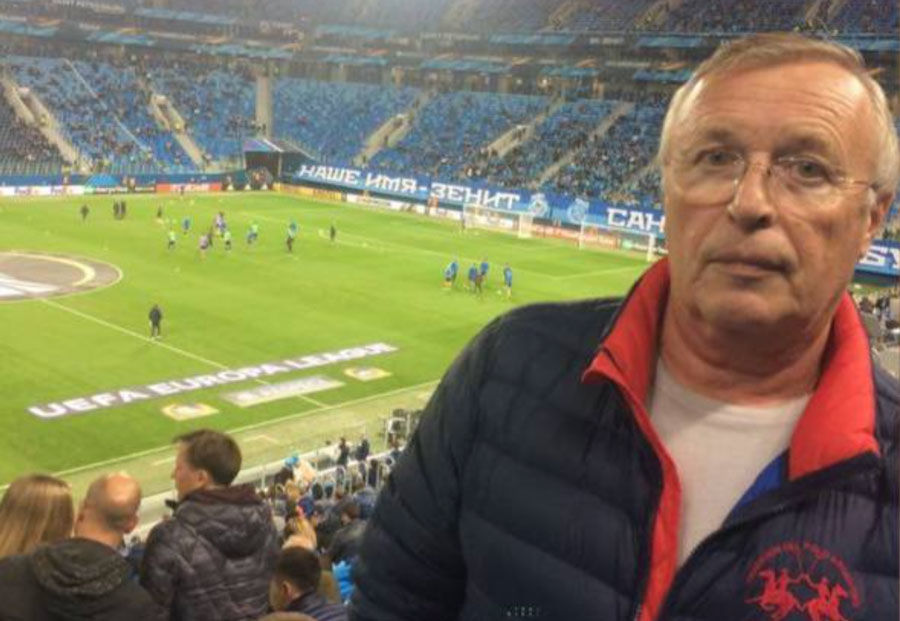
Nikolai Kamyshev
In 2006 Kamyshev founded Museum Equipment & Services, which also trades with the Hermitage. Both Kamyshev’s companies share the same e-mail address and head office by the Obvodny Canal (address: 118 Naberezhnaya Obvodnovo Kanala).
Museum Equipment & Services was formerly co-owned by the Haskelberg brothers and Boris Piotrovsky; it is now owned by Vitaly Kalabush. When asked about receiving contracts from the Hermitage, and a possible conflict of interest due to the son of the Hermitage’s Director being among his shareholders, Kalabush replied that he ‘did not have such information.’ From 2011-19 the Hermitage awarded Museum Equipment & Services contracts worth 127 million rubles (around $4m).
Also registered at 118 Naberezhnaya Obvodnovo Kanala is the company Rest-Art, which has provided the Hermitage with restoration services to the tune of 147 million rubles ($5 million). Its e-mail address is the same as that of Museum Technologies. All three companies often ‘compete’ with each other for Hermitage tenders. The building on the Obvodny Canal belongs to Kamyshev and Leonid Haskelberg. Until recently the building had a third owner: Mikhail Piotrovsky’s son Boris (who is said to have sold his share since becoming a city government official).
Heir-Raising Boris
Kamyshev tells Proekt he only met Boris Piotrovsky after founding his company, and that his relationship with the Haskelbergs is that of a friendly partnership: ‘If they need something doing, we’ll do it. We know each other. They’ve been working for the Hermitage for 25 years, us for 23.’ Kamyshev claims his companies participate in Hermitage tenders ‘in competition with everyone else’ keen to work for the museum.
Boris Piotrovsky’s take-off in the civil service has been swift. In Autumn 2020 he was invited to join the St Petersburg Culture Committee, becoming a Vice-Governor just a few months later. He was previously known mainly for appearing at events with his pal Sergei Shnurov, the anarchic rock musician. For many years, however, Boris Piotrovsky had been building up a business around his father’s museum, together with his friends.
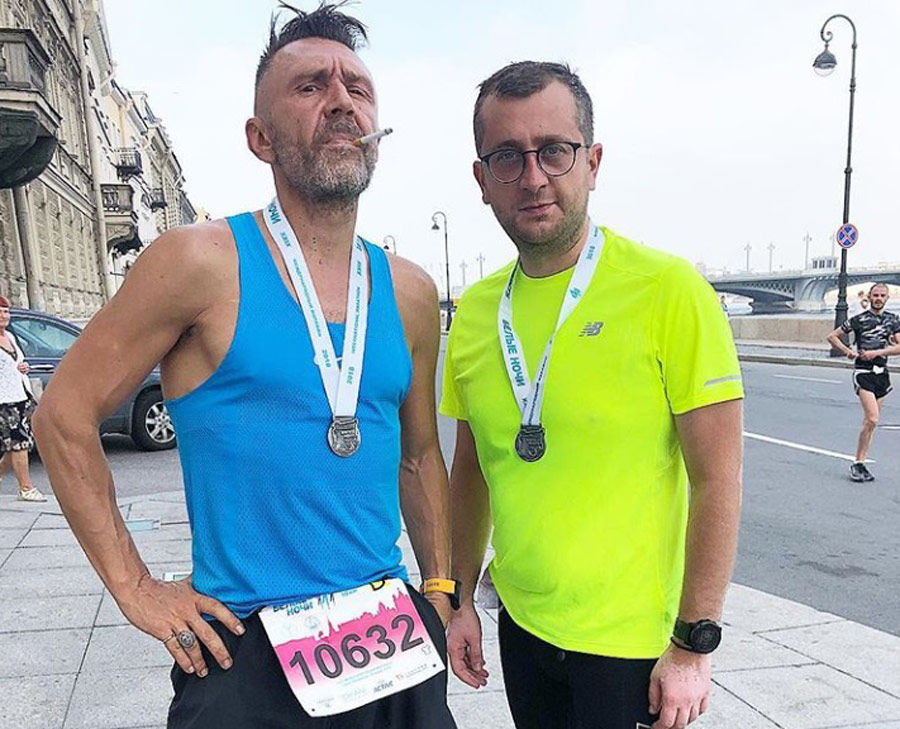
Sergei Shnurov and Boris Piotrovsky. Source: @shnurovs
Boris is said to have helped create of the Hermitage website when he was a teenager, then perfected the museum’s on-line ticket system. The Hermitage was the first Russian museum to open its own on-line store in 2001, with the help of an American company called Museum On Line (which still operates the store today), run by Leonid Erukhimov; another Erukhimov, Arkady, heads the company’s Russian office. The Erukhimovs are another family of Leningrad geologists: Arkady was engaged in electrophysical rock destruction on the Kola Peninsula, where Haskelberg’s parents once worked. Leonid Erukhimov told Proekt that his firm was recommended to the Hermitage by museum trustees ahead of an ‘internal tender.’ The on-line store offers postcards and reproductions of paintings priced up to $20, as well as replicas of Fabergé jewellery and antique furniture that can cost thousands. For example, a copy of a Heinrich Gambs desk displayed in the museum was available on-line for $11,500 in 2008 (in 2011 a similar desk was sold at Sotheby’s for almost $19,000).
Boris Piotrovsky’s most famous business project is ARKA, the Hermitage’s official publisher. ARKA is co-owned by some familiar Piotrovsky allies: Leonid & Yevgeny Haskelberg and Andrei Samoylov. Another co-founder of the publishing house, Alexander Shif, owns the Profit company that supplies office equipment to the Hermitage. Over the past ten years the museum has signed contracts with Shif worth 336 million rubles (around $8m).
All the Hermitage contracts unearthed by Proekt, and delivered to companies run by pals of the Piotrovskys, add up to a whopping 2.4 billion rubles (getting on for $100m). And that’s without taking into account the last three years, during which the Hermitage has refused to divulge the names of its suppliers.
It doesn’t stop there. Friends and children of the Haskelbergs control the Hermitage’s on-line stores through the firms Artekom (Russian-speaking) and Museum Online, Inc. (English-speaking), as well as the Most (‘Bridge’) bookshop in St Petersburg – via a company called Baltiya that also supplies souvenirs to the Hermitage.
Virtually every member of the Haskelberg, Samoylov and Kamyshev families are involved in the souvenir business: Leonid’s son Vadim Haskelberg owns Baltiya; Evgeny’s son Victor Haskelberg and his wife Polina own Artekom. Two firms running souvenir shops in the Hermitage, Art-Mix and Inter-Mac, are owned respectively by Anton Kamyshev (Nikolai’s son) and Yana Zykova, girlfriend of Evgeny’s son Maxim Haskelberg, together with Ekaterina Samoylova (Andrei’s daughter).
Nikolai Kamyshev tells Proekt he has nothing to do with the Hermitage souvenir business, but does not deny his son’s participation. The Hermitage claims all these legal entities trade in the museum on the basis of lease and sub-lease agreements.
Boris Piotrovsky refused to answer most of Proekt’s questions as Proekt was ‘not a registered media outlet.’
* * *
In 2020 police discovered irregularities in some Hermitage contracts: the Antiquities Department appeared to have concluded government contracts for organizing exhibitions with companies of ill-repute, and the owner of one of the contracting firms turned out to be the husband of the Head of the Department. No criminal charges were brought as, according to a letter signed Mikhail Piotrovsky, the Hermitage did not consider itself an injured party.
* Ruble/dollar conversions are necessarily approximate given the vastly fluctuating value of the ruble. There were 20 rubles to the dollar in 1998, and around 25 rubles to the dollar for a number of years. The figure has since plummeted to 75 rubles to the dollar.




